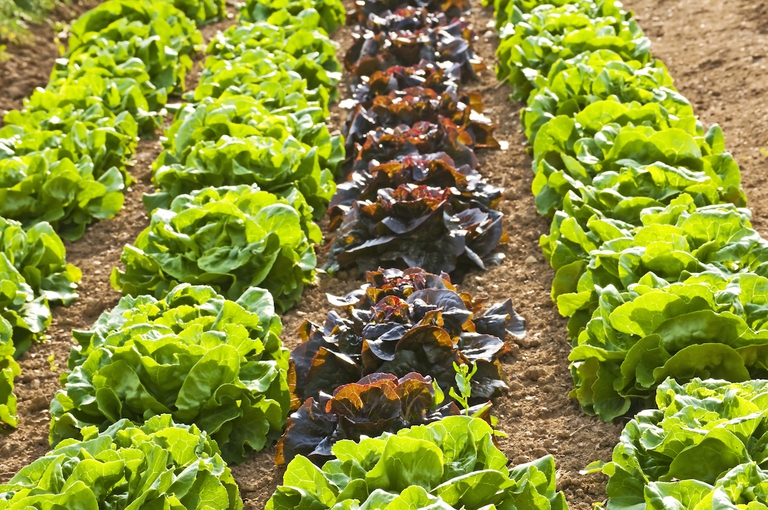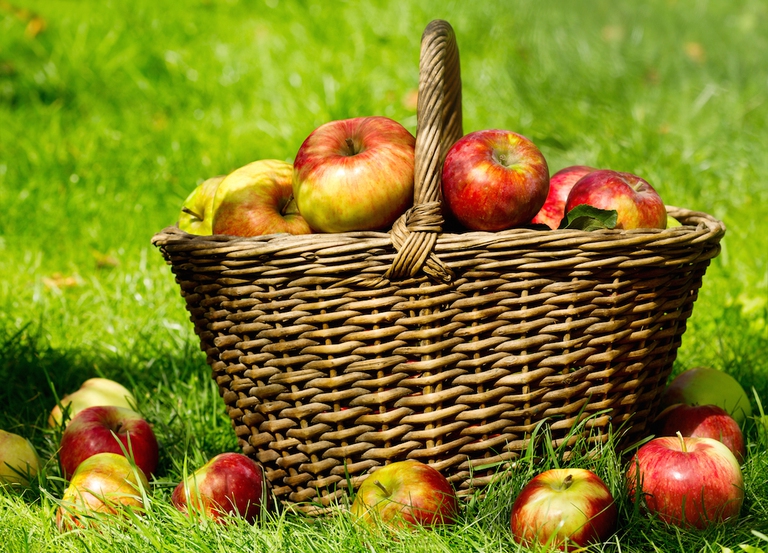
Factory farming conditions and antibiotic-resistant pathogens emerging as a result of them pose an existential threat to humans in the form of zoonotic diseases. Why it’s time to produce and consume food more thoughtfully.
The advent of the new millennium has seen the rapid, unstoppable growth of what is now the hugely popular organic movement. A multi-billion dollar industry in the United States, in many cases organic means big business, led by corporations often attempting to cut corners in order to maximize profits. Consumers can choose to buy from
The advent of the new millennium has seen the rapid, unstoppable growth of what is now the hugely popular organic movement. A multi-billion dollar industry in the United States, in many cases organic means big business, led by corporations often attempting to cut corners in order to maximize profits. Consumers can choose to buy from small, local farmers committed to organic practices, but when needs go beyond what is locally produced and new products enter the marketplace daily, good choices can be harder to make.
Among the many consumers’ associations working tirelessly to keep organic pure, The Cornucopia Institute, based in the US state of Wisconsin, stands out. Founded eleven years ago, one of the institute’s first activities was exposing industrial-scale confinement dairies in which thousands of cows were producing organic milk for several labels. As a result one of these operations was shut down.
Notable is also the Authentic Almond Project which aims to keep almonds truly raw, since a 2007 US federal rule mandates that even organic California almonds need to be treated with a toxic fumigant or high-temperature heat in order to prevent Salmonella outbreaks. The removal of the controversial seaweed-based food additive carrageenan, linked to gastrointestinal inflammation, from organic foods has also been one of the Institute’s campaigns for years.
The most useful tool The Cornucopia offers are its Scorecards, based on a 1 to 5 rating of hundreds of products – a must-have for the informed consumer. Companies that show true commitment to organic and humane practices receive a higher score. Access to outdoor spaces and pasture warrant extra points for dairy and eggs. Excess of added sugars, thickeners or carrageenan lower the score for breakfast cereal and yogurt. This system helps consumers make conscientious choices based on producers’ efforts to keep their goods natural and the healthiness of the finished product.
Scorecards also take transparency into account, as many large corporations offering organics don’t fully disclose information about their practices or the quality of their ingredients. Since transparency is extremely important to The Cornucopia Institute, such products often receive an unsatisfactory rating, as can be seen with some low scoring soy.
Another informative tool is the Who Owns Organic chart, which displays the ownership structure of most organic brands, their consolidation throughout the years and which small family farms have been sold to large corporations (which are sometimes the same ones opposing labeling GM products).
In a world where profit often comes first, The Cornucopia Institute is just an example of how committed individuals can create a better world by protecting the value of organic agriculture and the needs of whoever benefits from its fruits.
Siamo anche su WhatsApp. Segui il canale ufficiale LifeGate per restare aggiornata, aggiornato sulle ultime notizie e sulle nostre attività.
![]()
Quest'opera è distribuita con Licenza Creative Commons Attribuzione - Non commerciale - Non opere derivate 4.0 Internazionale.
Factory farming conditions and antibiotic-resistant pathogens emerging as a result of them pose an existential threat to humans in the form of zoonotic diseases. Why it’s time to produce and consume food more thoughtfully.
The world of cinema recognises the link between food choices and the climate crisis by offering vegan menus for awards season events, including at the most important of them all: the Oscars.
Let’s look at the reasons behind the growth of veganism in India, as a small yet vocal section of the population turns towards this diet and lifestyle in the largest milk producing country in the world.
by Jeffrey Y. Campbell, Manager of the Forest and Farm Facility at FAO In the Ecuadorian Amazon, Kichwa farmers grow dozens of products on tiny parcels of land. Their lands hum with biodiversity, yielding nutritious foods that have sustained families for generations. Wandering among fruit and nut trees and crops, these indigenous agroforesters fill their baskets
Mint has many health benefits, but in food it’s often accompanied by artificial green colourings. Instead, Galatea has created a green mint ice cream in a completely natural way.
We’re talking about Galatea, a company that produces semi-finished products for artisanal ice creams using high quality ingredients, natural colouring, excluding thickeners and hydrogenated fats, respecting the environment and supporting the less fortunate.
The mad rush to fake food, like fake meat made with genetically-modified soy, ignores the importance of the diversity of our foods and culinary cultures. It’s a recipe to accelerate the destruction of the Planet and our health.
Like with all foods, the quality of an ice cream can be discerned by reading its label. An expert explains how to do this, and tells us how their company steers clear of chemicals, using only natural ingredients to produce an excellent and “free” ice cream.
Quality ingredients, no artificial colouring and hydrogenated fats. These are the main features of a great ice cream. But what makes an ice cream parlour “good”, i.e. sustainable?









